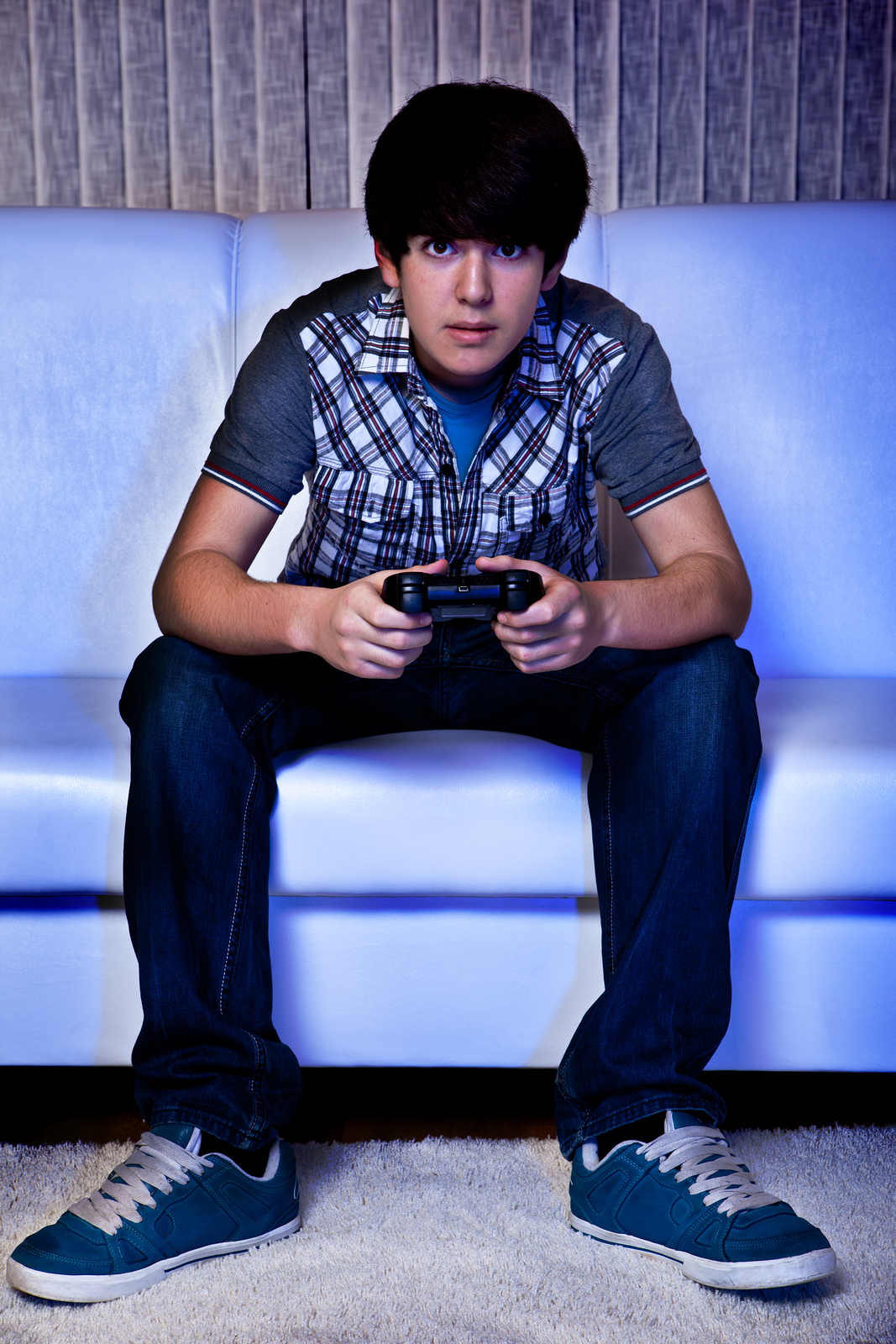Tips for Parents for Disrupting a Gaming Addiction
/In our psychotherapy clinic, we have seen a significant increase in the number of families who are experiencing disruption due to conflicts stemming from the use of technology and gaming in the home. Compulsive video gaming is a modern-day psychological disorder that is becoming more and more popular among children, teens and young adults. Gaming addiction is defined as extreme use of digital video games that interferes with daily life. Instances have been reported in which users play compulsively, isolating themselves from family and friends or from other forms of socialization, and focus almost entirely on in-game achievements rather than other actual real life events while exhibiting mood swings and lack of motivation for other activities. There is no formal diagnosis of video game addiction in current medical or psychological literature, although inclusion of it as a psychological disorder has been proposed. Players may play many hours per day, neglect personal hygiene, gain or lose significant weight due to playing, disrupt sleep patterns to play resulting in extreme fatigue, problems concentrating and focusing on school and work and stagnated social development. Two common signs of addiction include: (1) a person needing more and more of a substance or behavior to keep him going; and (2) If the person does not get more of the substance or behavior, he becomes irritable and miserable. Both of these indicators are commonly found in teens and young adults who become addicted to gaming. Most gaming addicts tend to be males under the age of 30. They tend to have few friends, social problems and be highly intelligent. For gamers, the gaming becomes a fantasy world that makes them feel better. Their virtual life becomes more appealing than real life.
Listed below are five steps parents can take to help a child who has developed a gaming addiction:
(1) Be proactive in monitoring and evaluating your child’s gaming behaviors. It is a mistake to assume that gaming is just a phase and to ignore the problem.
(2) Intervene and disrupt the formation of an addiction. This would include unplugging the computer and setting and enforcing limits on time spent gaming.
(3) In today’s technology driven society, because video game addicts can't avoid computers, parents need to teach their children to use them responsibly such as for research, learning and homework as opposed to only gaming.
(4) Assist your child in developing interests, hobbies and talents that don’t involve technology and help to create "real-life excitement as opposed to online excitement."
(5) Find a therapist who can assist you and your child in designing and implementing a reasonable plan for managing your child’s gaming behaviors. A therapist experienced in working with youth and gaming addiction can provide support and guidance for both you and your child as you work to disrupt the addiction.


